
Electric Heater ERP Energy Efficiency (EU) 2024/1103
Currently, high-energy-consuming products such as lighting fixtures, televisions, set-top boxes, refrigerators, washing machines, dryers, and electric heaters sold on European cross-border e-commerce platforms must comply with the EU ERP energy efficiency directive and display the ERP energy efficiency label. The EU ERP (Energy-related Products) Directive is a framework directive concerning the ecological design requirements for energy-related products, aimed at improving the environmental performance of these products and controlling ecological pollution.
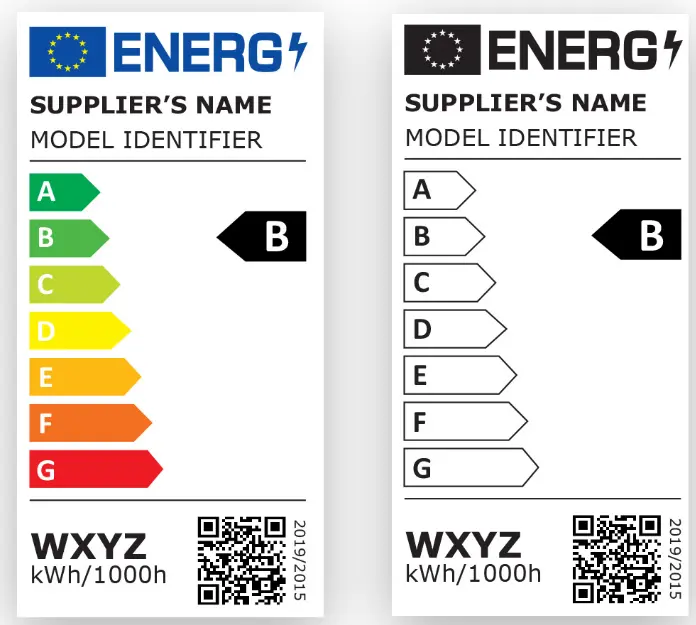
What is the EU erp directive?
Publication and Effectiveness:
The EU officially released the Ecodesign Requirements for Energy-related Products Directive 2009/125/EC, also known as the ERP Directive, on October 31, 2009. This directive became effective on November 10, 2009, and replaced the original EuP Directives (2005/32/EC, 2008/28/EC) on November 20, 2009.
Objectives of the ERP Directive:
- To improve and expand upon the EuP Directive 2005/32/EC.
- To establish a framework for the ecological design requirements for energy-related products.
- To reduce the energy consumption of these products throughout their lifecycle and minimize their environmental impact.
Scope of Products:
In addition to the energy-consuming products covered by the original EuP Directive (such as televisions, external power supplies, lighting fixtures, motors, household refrigeration equipment, etc.), the ERP Directive includes other energy-saving products such as windows, insulation materials, and water-using products (e.g., showerheads, faucets). It does not apply to vehicles for transporting people or goods.
Energy Efficiency Certification and Labeling:
ERP energy efficiency registration is a mandatory certification program by the EU. Manufacturers or importers must attach the ERP energy efficiency label that meets the requirements when selling related products. The ERP energy efficiency label identifies the product’s energy efficiency grade, energy consumption, and other information related to energy use, helping consumers understand the product’s energy performance.
Implementation Details:
The ERP Directive is not a product-specific directive but a framework directive. The EU formulates implementing measures (IM) based on this directive for specific types of energy-consuming products. Implemented measures include ecodesign requirements for standby and off mode power consumption of household and office equipment, simple set-top boxes, non-directional household lamps, etc.
Impact and Significance:
- Improves the environmental performance of products and promotes more sustainable product choices in the EU market.
- Encourages manufacturers to improve the energy efficiency design of products to meet market demands.
- Enhances consumers’ understanding of product energy performance, enabling them to make more environmentally friendly and economical purchasing decisions.
### Updates to Electric Heater Regulations (EU) 2015/1188 to the Latest ERP Regulations (EU) 2024/1103, Effective from July 1, 2025
What are the Updates?
Control Scope:
- The control scope for commercial local space heaters has been expanded from below 120 kW to below 300 kW.
- The capacity range for household local space heaters remains unchanged.
- New requirements for independent controllers have been added.
- New requirements for towel racks have been added.
- The category of radiant local space electric heaters has been deleted and merged into mobile or fixed local space electric heaters.
Ecodesign Requirements:
- Seasonal Space Heating Efficiency (ηs):
- The calculation method differs from the current regulations: changes in the calculation formula, product function corresponding calculation factors, and the CC coefficient.
- Two new functional calculation factors: self-learning function and temperature control accuracy.
- If claiming temperature control accuracy, it must be tested and verified according to EN 15500-1.
- Functional Requirements:
- Storage-type local space electric heaters must be equipped with an electronic heat controller with indoor and outdoor temperature feedback and fan-assisted heat output.
- Towel racks with a nominal heat output of ≤60 W must have a working time limitation function with a maximum preset time of no more than 6 hours.
- Low Power Modes:
- Must provide an off mode or standby mode, or both.
Other Updated Requirements:
- New requirements for heaters shipped without controllers and for independent controllers’ product information.
- Related spare parts requirements: supply duration, spare parts list, prices, purchase process, delivery time, etc.
- Access to maintenance and servicing information.
- Product design must comply with Directive 2012/19/EU requirements.
Major electric heater manufacturers should prepare to comply with these updates.
We can help you save 30% on certification testing costs. Contact us for a quote!
Email:hello@jjrlab.com
Write your message here and send it to us
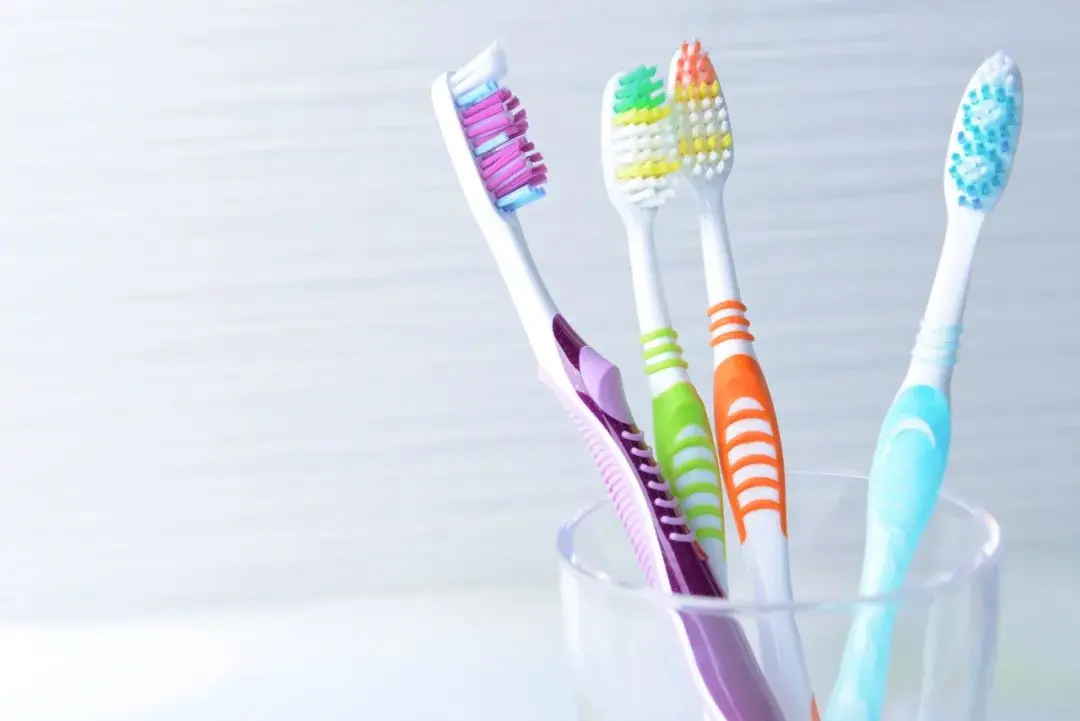 Toothbrush FDA Certification Testing
Toothbrush FDA Certification Testing
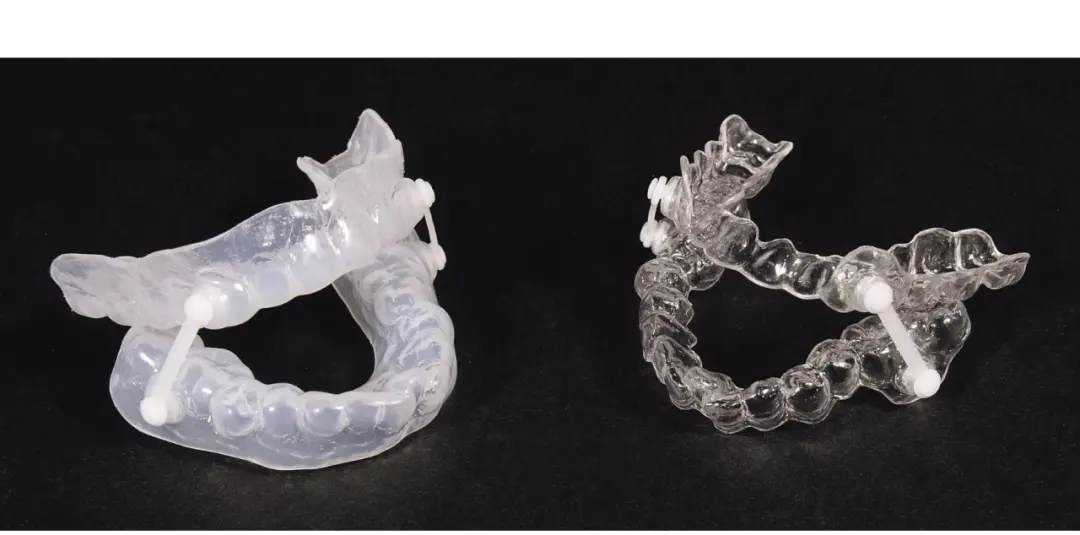 Snoring Device FDA 510k Standard Testing
Snoring Device FDA 510k Standard Testing
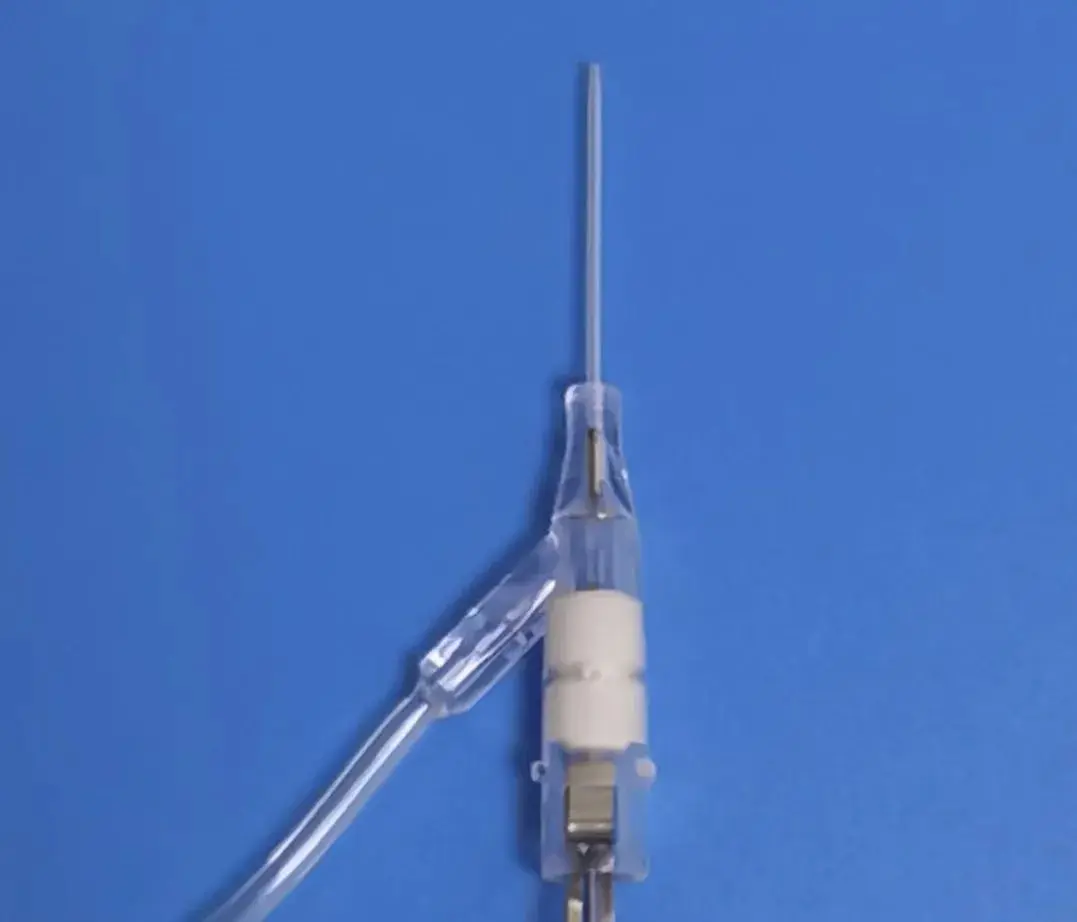 Single Use Intravenous Catheter Certification Test
Single Use Intravenous Catheter Certification Test
 Silicone Material Product Compliance Certification
Silicone Material Product Compliance Certification
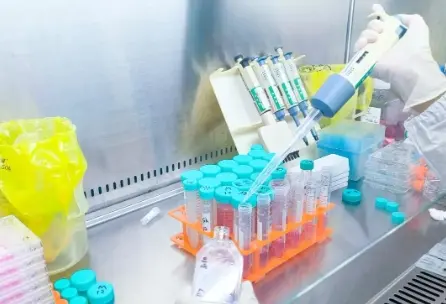 What to Do If Cytotoxicity Test Results Are Positi
What to Do If Cytotoxicity Test Results Are Positi
 ISO 10993:5 Cytotoxicity Testing Methods
ISO 10993:5 Cytotoxicity Testing Methods
 FDA ISO 10993-1 Biocompatibility Evaluation Guidel
FDA ISO 10993-1 Biocompatibility Evaluation Guidel
 In Vitro Cytotoxicity Testing for Medical Devices
In Vitro Cytotoxicity Testing for Medical Devices
Leave us a message
24-hour online customer service at any time to respond, so that you worry!




